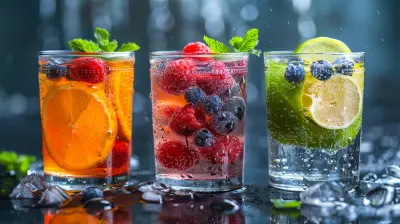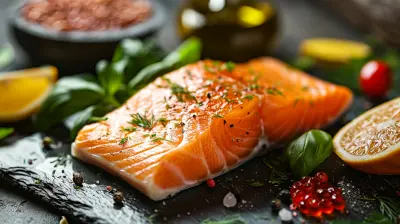How Your Diet Can Help or Hinder Hydration
23 November 2025
Staying hydrated isn’t just about drinking water—your diet plays a huge role too. While some foods support hydration, others can leave you feeling dry and depleted. Ever wonder why you feel thirsty even after drinking plenty of water? Your meals may be working against you.
In this post, we’ll break down how what you eat directly impacts hydration, which foods support fluid balance, and which ones might be sabotaging your efforts to stay hydrated. Let’s dive in! 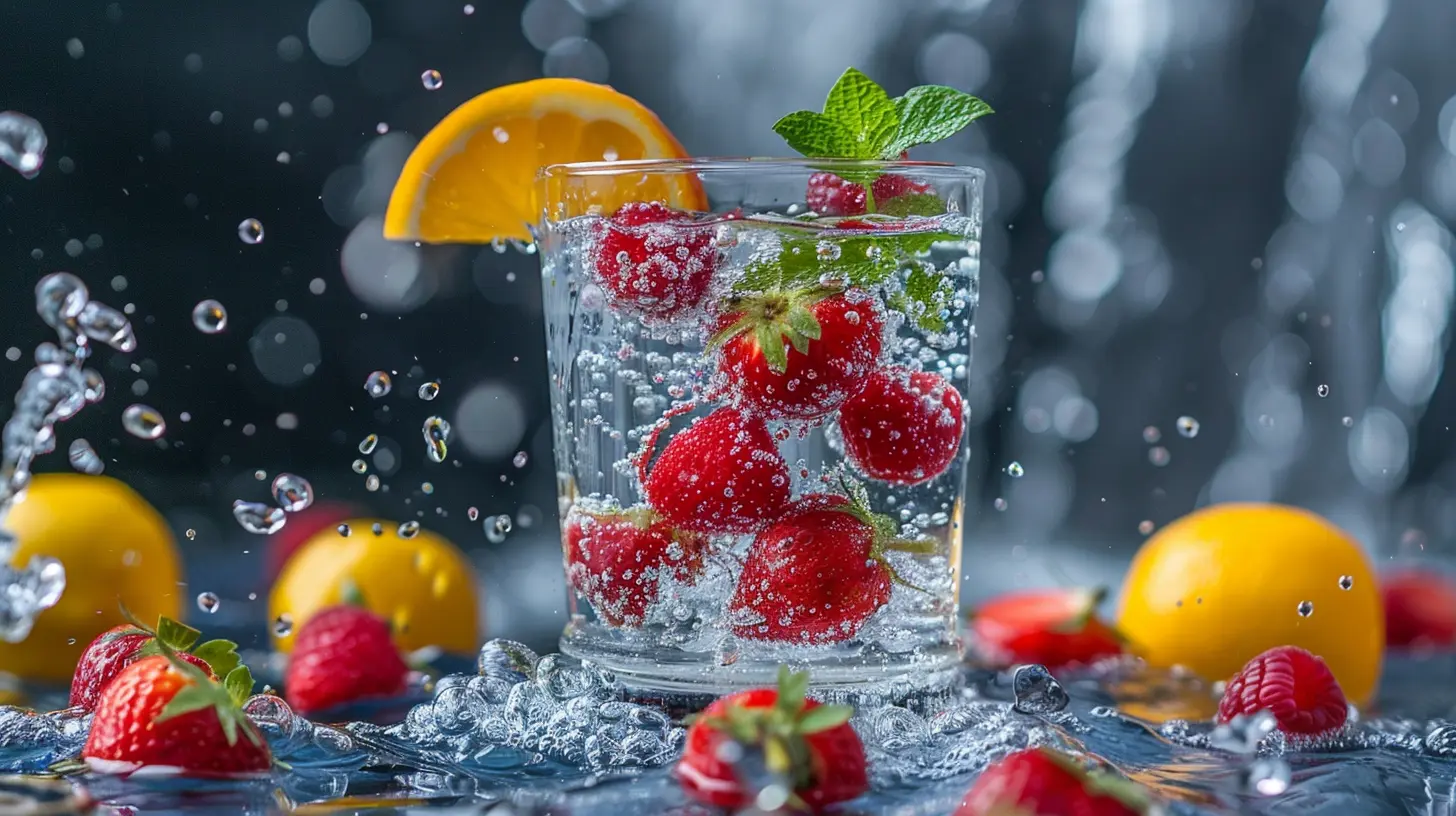
Why Hydration Is So Important
Your body is roughly 60% water, meaning fluids play a key role in practically every bodily function. From flushing out toxins to keeping joints lubricated and skin glowing, hydration is essential.But here’s the kicker—hydration isn’t just about chugging water. If your diet isn’t balanced, your hydration efforts could be going to waste. Certain foods help your body hold onto water, while others drain it away.
So, what should you be eating—and avoiding—to stay hydrated? Let’s find out. 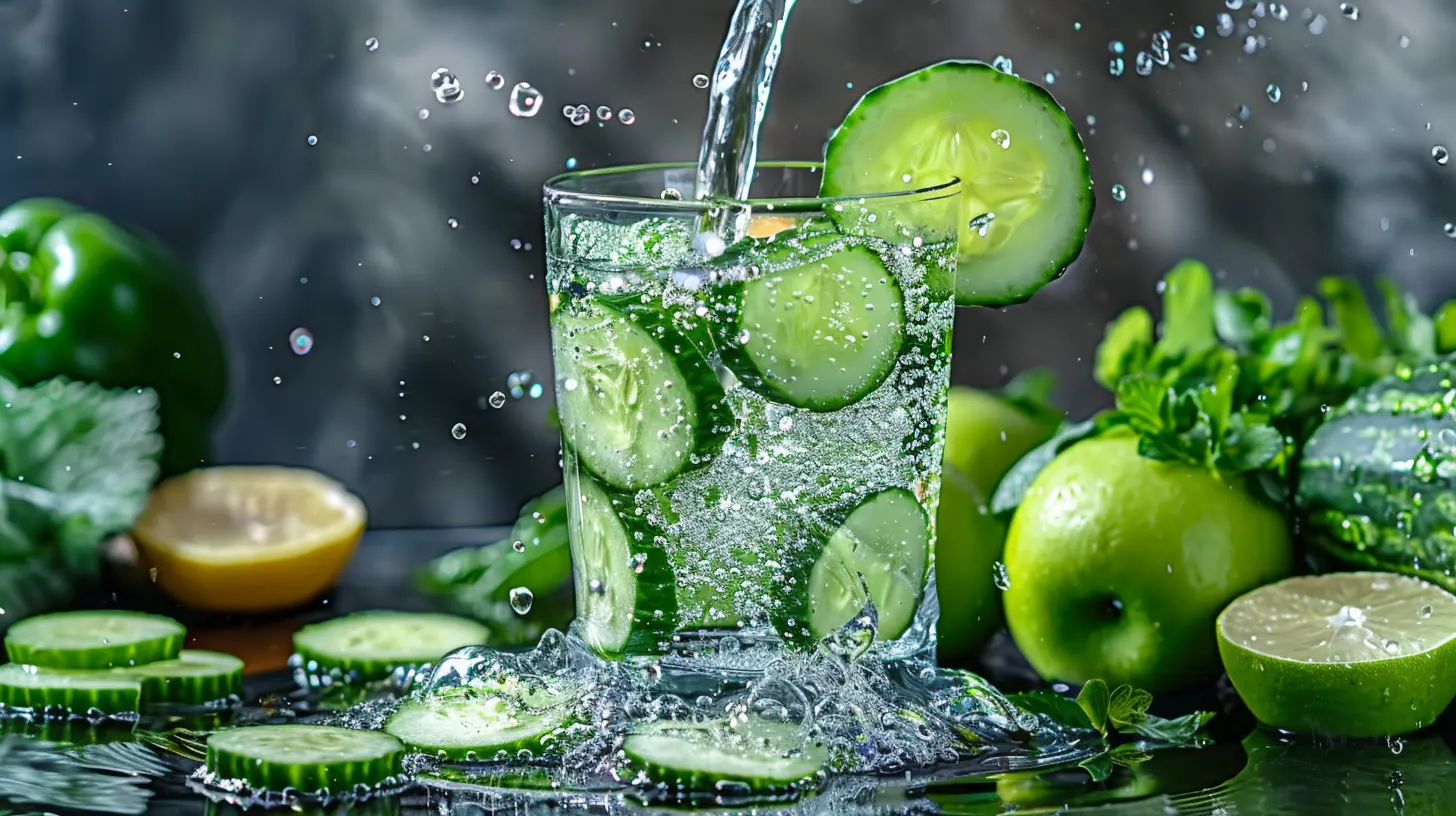
Foods That Help Keep You Hydrated
The good news? Many delicious, nutrient-packed foods naturally boost hydration. These foods contain high water content, essential electrolytes, and beneficial compounds that help your body retain fluids properly.1. Water-Rich Fruits and Vegetables
Did you know some foods are over 90% water? These hydrating powerhouses help replenish fluids while providing essential vitamins and minerals. Some of the best include:- Cucumber (96% water) – The ultimate hydration veggie. Perfect in salads or as a crunchy snack.
- Watermelon (92% water) – Sweet, juicy, and loaded with hydration-friendly electrolytes.
- Strawberries (91% water) – A tasty way to stay hydrated and boost your vitamin C intake.
- Celery (95% water) – Low in calories but packed with hydration support.
- Oranges (86% water) – Not only hydrating but also rich in immune-boosting vitamin C.
These foods not only provide water but also fiber, which slows digestion and helps your body absorb fluids more effectively.
2. Foods High in Electrolytes
Electrolytes like sodium, potassium, and magnesium help balance fluid levels in your body. Eating foods rich in these minerals can prevent dehydration.- Bananas – A top source of potassium, which helps regulate fluid balance.
- Coconut Water – A natural electrolyte drink with potassium and magnesium.
- Avocados – Packed with potassium, they support hydration at a cellular level.
- Leafy Greens – Spinach and kale contain magnesium, which helps manage water retention.
3. Healthy Soups and Broths
Soups that are broth-based (especially bone broth) replenish lost fluids and contain essential electrolytes. They’re a great way to stay hydrated, especially during colder months when drinking cold water may not seem appealing.4. Chia Seeds
These tiny superfoods absorb water and form a gel-like texture in your stomach, which helps your body stay hydrated for longer. Adding them to smoothies or yogurt can boost hydration levels.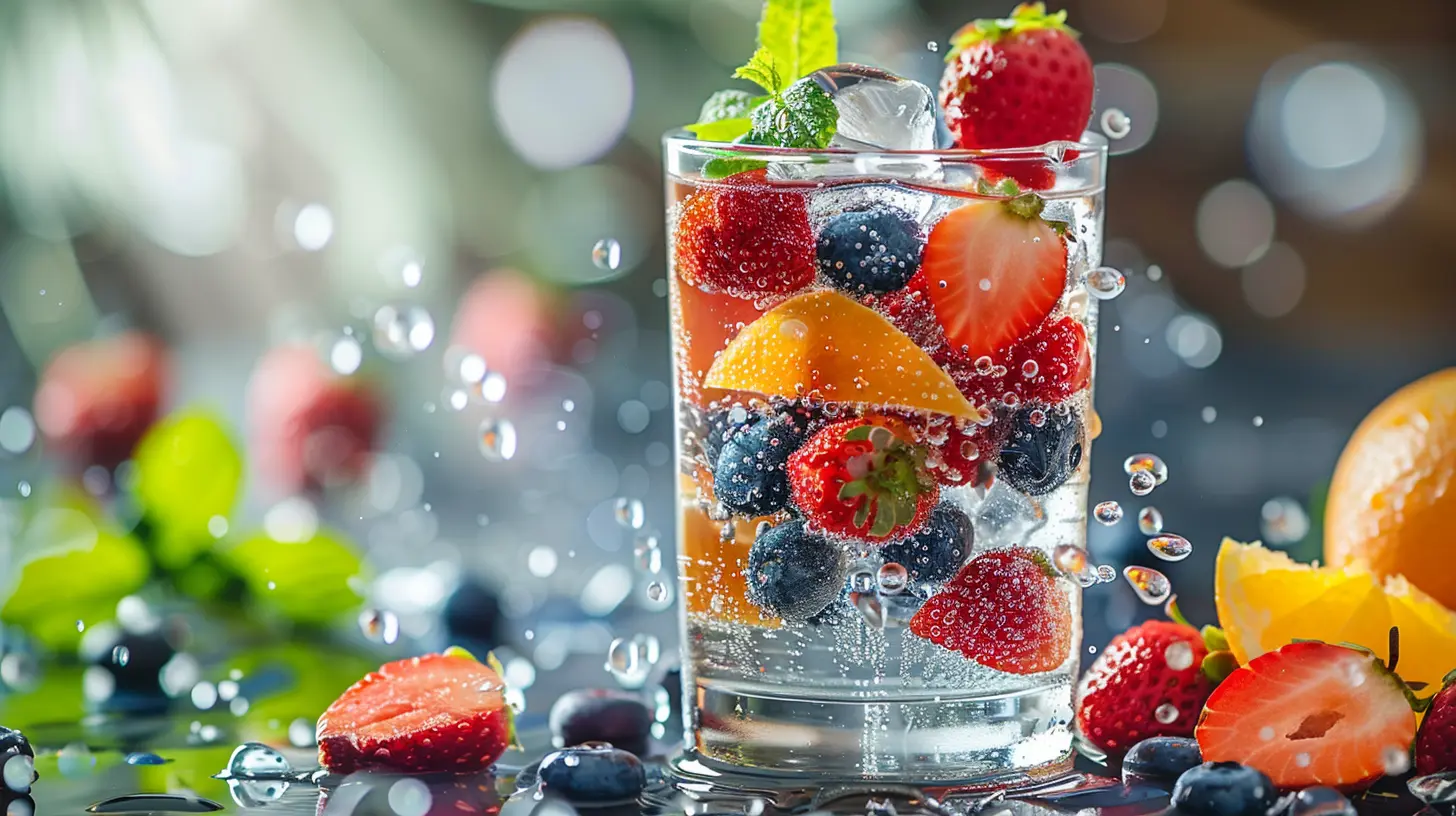
Foods That Dehydrate You
Now for the bad news—some foods and drinks pull water from your cells, leading to dehydration. If you’re constantly feeling dry or thirsty, these culprits may be to blame.1. Salty Foods
Ever notice how eating salty chips or fries makes you desperately crave water? That’s because excessive sodium pulls fluid out of your cells, leaving you dehydrated.Watch out for these high-sodium foods:
- Processed snacks (chips, pretzels, crackers)
- Fast food
- Canned soups
- Deli meats
- Pickled foods
Eating too much salt can throw off your body’s water balance, leading to bloating and dehydration at the same time (yes, that’s possible!).
2. Sugary Foods and Drinks
Sugary beverages like soda and energy drinks may seem refreshing, but they actually dehydrate you. High sugar levels pull water from your cells to help digest the sugar, leaving you feeling more thirsty.Common sugar-loaded culprits include:
- Soda
- Energy drinks
- Candy
- Pastries and baked goods
Instead of sugary drinks, go for naturally hydrating options like herbal teas or infused water.
3. Caffeine and Alcohol
Both caffeine and alcohol act as diuretics, meaning they make you lose more fluids than you take in. That’s why too much coffee or a night of drinking leaves you feeling dehydrated the next morning.Drinks to watch out for:
- Coffee (especially in excess)
- Black tea
- Alcoholic beverages (beer, wine, cocktails)
If you do indulge, balance it out with plenty of water and hydrating foods. 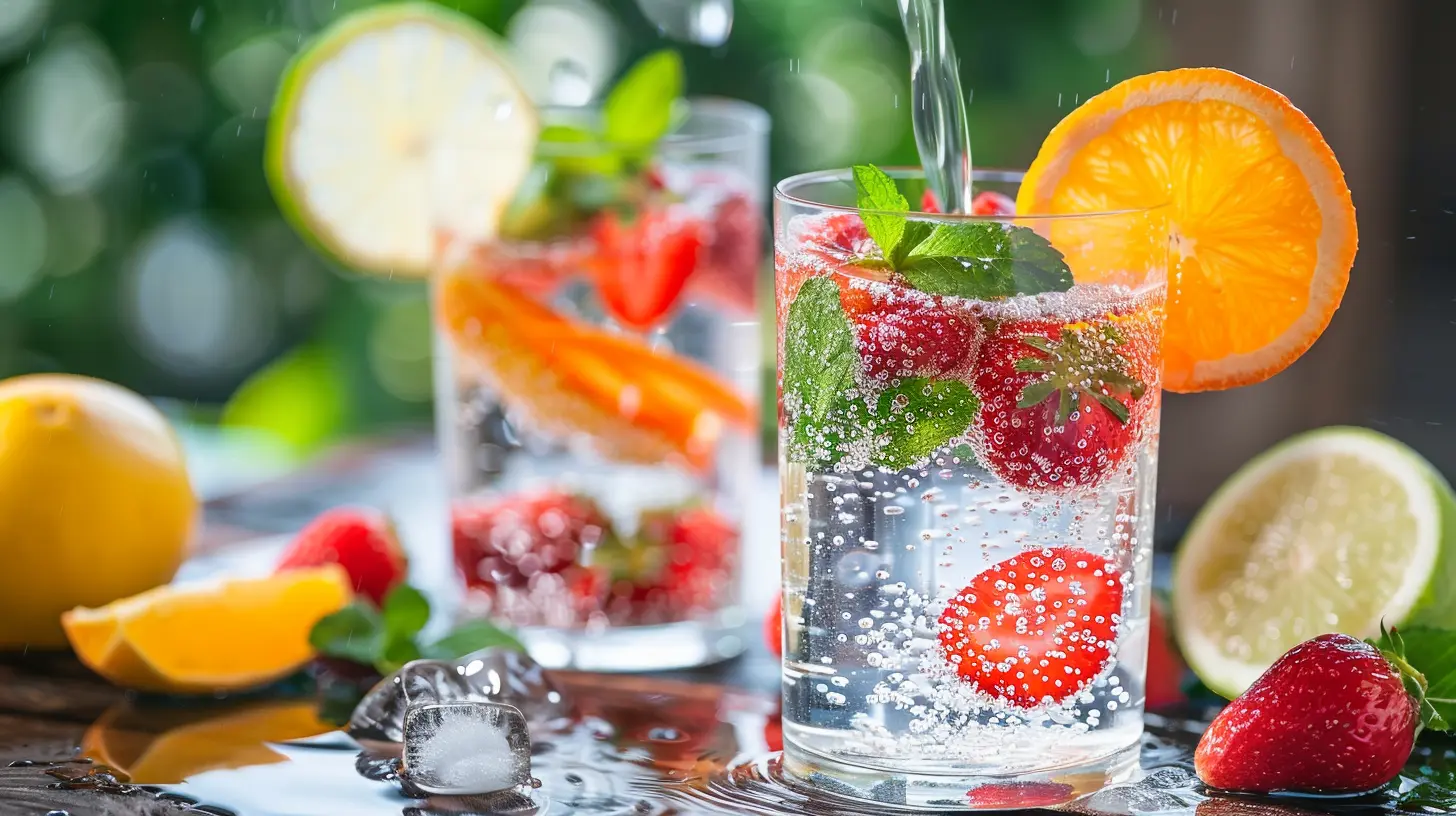
Tips to Stay Hydrated Through Diet
Now that you know which foods help and which ones hurt, here are some practical tips to keep hydration levels up:1. Start Your Day with Hydrating Foods
Instead of reaching for processed cereals, try a smoothie with water-rich fruits, coconut water, and chia seeds. A bowl of oatmeal topped with strawberries and bananas is another great option.2. Snack Smart
Swap salty chips for refreshing cucumber slices. Trade candy for watermelon or oranges. Small changes go a long way in keeping you hydrated.3. Pair Hydrating Foods with Every Meal
If you’re having a sandwich, add lettuce, tomato, and cucumbers. Eating pasta? Enjoy a side of spinach or zucchini.4. Drink Smarter
If plain water bores you, try infused water with lemon, mint, or berries for a refreshing twist. Herbal teas and coconut water also make great alternatives.5. Balance Sodium & Electrolytes
You don’t have to avoid salt completely, but balance it with potassium-rich foods like bananas and avocados to maintain proper hydration.Final Thoughts
Hydration isn’t just about drinking gallons of water. Your diet plays a crucial role in how well your body retains fluids. By incorporating water-rich foods and reducing dehydrating ones, you can stay properly hydrated without constantly reaching for your water bottle.So next time you feel unusually thirsty, take a look at what’s on your plate. Your diet might be the hidden culprit—or the secret weapon—to optimal hydration.
all images in this post were generated using AI tools
Category:
HydrationAuthor:

Laura Hudson
Discussion
rate this article
1 comments
Zayden McCarron
Great insights! Remember, balanced nutrition plays a crucial role in staying hydrated and feeling your best.
December 1, 2025 at 5:28 PM

Laura Hudson
Thank you! Absolutely, balanced nutrition is key to optimal hydration and overall well-being.
